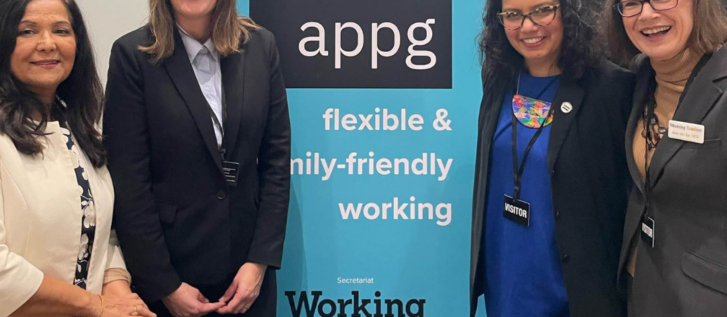
Paternity pay when you have more than one job
An increasing number of parents are doing more than one job, particularly during the cost...read more
New research finds most people think the future is flexible. But prosaic issues around chasing late payments remain for freelancers.

New research has cast light on the complexities of freelance life.
Nearly half of workers questioned said flexible hours was the most important thing when looking for a new job. And knocking on for two thirds said the most popular pattern of working in future will be flexible.
Yet apparently millions are still put off embracing the flexibility of freelance life because they don’t fancy all the admin.
Over a third of middle-class workers think they would earn more money if they worked in a freelance capacity, but choose not to due to the inconsistent payment structures.
ETZ Payments, a back-office payment solution for recruiters, commissioned nationally representative research across 2,003 UK adults
Key findings include 13 million Brits, 43% of the workforce, say flexible hours are the most important thing when choosing a job. Key parts of the research seen by workingdads.co.uk show that marginally fewer men than women cite flexible working as important.
Three in 10 Brits think that they would earn more if they worked as a freelancer, but they choose not to. They say they prefer the certainty of a salary to the inconsistent payment structures of self employment.
A tidy 22% of Brits switched to working freelance from working 9-5 to achieve a better work/life balance, and now feel happier. But 15% cite chasing invoices as the biggest headache of freelance life. And 13% said they waste around four hours a week pursuing payments.

Nick Woodward
Nick Woodward, CEO of ETZ Payments, says: “Freelance working has increased rapidly in the past decade with more demand for skilled workers as contractors than full-time employees and freelancers looking to strike a better work-life balance, but many appear to be let down by the payment structures in place for freelancers.
“The fact that over four million people are spending 10% of their week chasing invoices in a huge waste of time and productivity to the economy, and recruiters and companies need to work harder to ensure that freelancers concentrate on the job that they are doing, rather than chasing invoices. If the skilled gig economy is to grow at the pace expected, these issues need to be dealt with sooner rather than later.”

New flexible working regulations came in over the weekend. But what do they mean and how does the process work for making a request for flexible... read more

HR expert Alan Price outlines the legislative changes coming up in April that will help working families. read more

A new parliamentary group aims to push the conversation about flexible working further. read more

Will we all be working in the metaverse in the future, what are the implications and are our children equipped for a more virtual world of work? read more